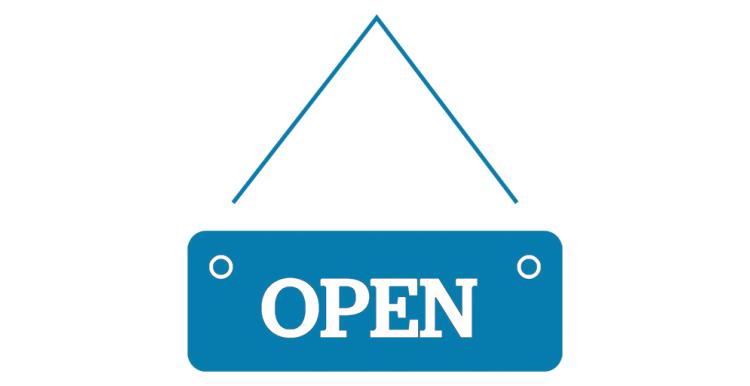Improving access to services for people with learning disabilities

Before people can access learning disability services, an assessment needs to take place to establish whether they meet the necessary criteria. When a member of the public got in touch with Healthwatch Rotherham to discuss their experience of this process, they decided to investigate this further.
Tony Clabby, Chief Executive of Healthwatch Rotherham, explains:
What did you find?
We found that learning disability services in both Doncaster and Rotherham are delivered by the same organisation – Rotherham Doncaster and South Humber NHS Foundation Trust – but that the threshold for people to access the services differed in each place.
Up until now, for someone in Rotherham to be able to access services, one of the criteria is that they would have to have an IQ below 50. In comparison, in other local authorities the threshold is an IQ of 70.
What did you do?
We shared our concerns with Rotherham Metropolitan Borough Council and Rotherham NHS Clinical Commissioning Group who jointly commission the service. When the council and CCG proposed changes to services for people with a learning disability to ensure they meet the local population’s needs, we took the opportunity to raise the issue of unequal access.
What happened as a result?
The threshold for people to access disability services in Rotherham has been raised to an IQ of 70, to bring it in line with other local authorities.
This change means that people with mild or moderate learning disabilities can now access services. It is early days yet, but this change means that a significant group of people are now able to access services that were previously unavailable to them.


